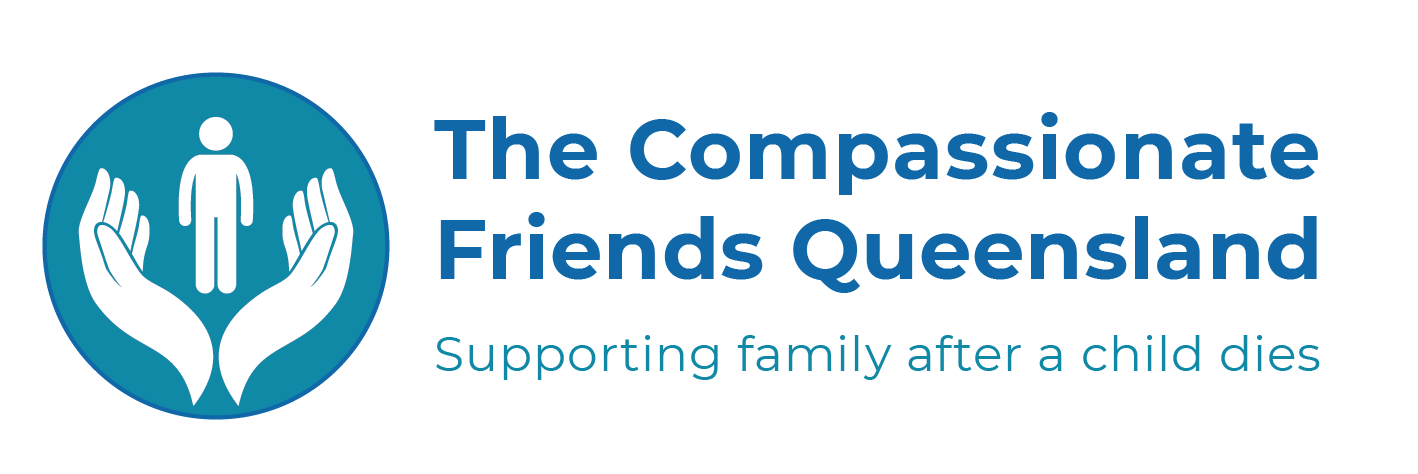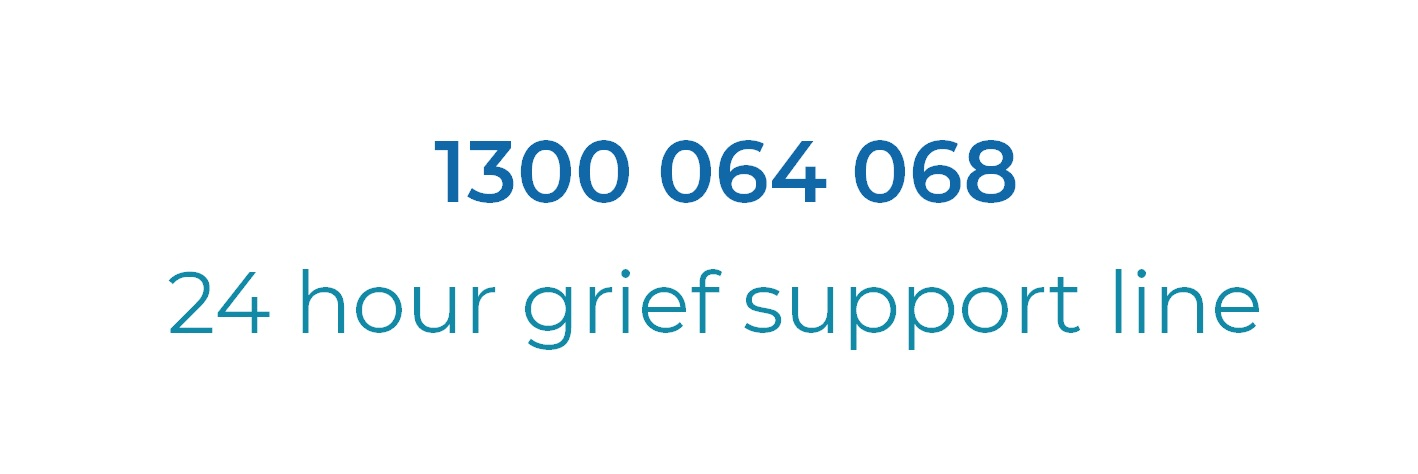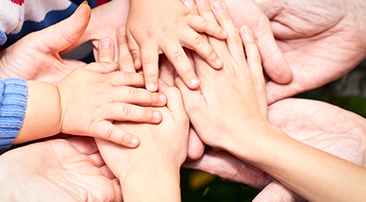When a Child Dies…Who Can Help…
 When a child dies, parents begin a long journey in the process of bereavement. On this journey, the bereaved parents experience many different and shattering kinds of feelings…disbelief, sadness, deep anguish, loneliness, fear, jealousy, anger and regret. These feelings are all part of the emotional reactions of grief. Sometimes these feelings of grief may be so intense that parents do not understand what is happening. Some parents tend to keep feelings inside while others are able to express their grief easily and openly.
When a child dies, parents begin a long journey in the process of bereavement. On this journey, the bereaved parents experience many different and shattering kinds of feelings…disbelief, sadness, deep anguish, loneliness, fear, jealousy, anger and regret. These feelings are all part of the emotional reactions of grief. Sometimes these feelings of grief may be so intense that parents do not understand what is happening. Some parents tend to keep feelings inside while others are able to express their grief easily and openly.
Experiencing the loss of a beloved child…(the ultimate tragedy)…Because of the enormous emotional stress the loss places upon the parents, all sections of their lives will probably be affected and changed. The interaction between the bereaved person and his/her spouse, family, work, other children, religious faith…and even the everyday activities such as eating and sleeping, will be affected.
These difficulties can be better coped with if the bereaved parent has someone to whom to turn who understands and has even experienced these difficulties personally.
We believe that information about the grieving process, openly defining the problem areas, is much better and kinder than letting the bereaved parent misunderstand what is happening to him/her whilst struggling through the grief period.
The objectives of The Compassionate Friends are to help affected parents seek answers to:
Why did my child dies when he has so much to live for?
Why me?
Will I ever see my child again?
Who is looking after my child now?
Will we live on?
Will I ever get rid of this awful pain?
Will I ever sleep soundly again?
Will tranquillisers help?
Should I have another baby?
Should we change houses?
Is there any meanings in this suffering?
Methods of Grief Support
Some parents who experience the death of a child, because of individual circumstances and resources available to them, do not need or desire Compassionate Friends in their struggle with grief. However, many bereaved parents do have the need for more understanding, more hope, more knowledge, or more comfort than people around them provide.
Sometimes a conversation, a book, or a professional presentation may assist healing and give new insight and understanding about a particular question or concern. In trying to help bereaved parents cope with their loss, Compassionate Friends does not focus morbidly on death and thus only rekindle unhappy feelings. We do, however, acknowledge the pain that is a part of loving. We have loved, therefore, we grieve. We are willing to share someone’s sorrow.
The Compassionate Friends is not a crisis intervention centre, nor are meetings ‘therapy’ sessions. Yet healing is slowly and gently promoted as parents gain insight and understanding and have an opportunity to ventilate their feelings in an accepting atmosphere and as they are able to reach out to the newly bereaved.
While we share our sorrow and our struggle for adjustment to our loss, there is also talk of meaningful activities each of us have found to give new hope and direction to our lives. But, underneath it all is a real concern for one another, a concern that does not shy away from reality and memories that are painful. It affirms life in the deepest sense by saying that there is a meaningful life beyond the pain, by recognising that grief is an expression of love.
Parents who felt they were coping effectively with their loss, as well as parents who felt loneliness and despair in their grief, have found Compassionate Friends helpful to them. While there are no instant solutions, no easy answers, and no timetable for recovery, there is a sense of direction to be found through knowledge and understanding of the grief experience. Bereaved parents can find healing and hope for the future.
Listening and Sharing
 It is of the utmost importance in the healing process that the bereaved parents be permitted to tell their own unique story, to be listened to and to have their feelings and thoughts accepted with understanding at this time.
It is of the utmost importance in the healing process that the bereaved parents be permitted to tell their own unique story, to be listened to and to have their feelings and thoughts accepted with understanding at this time.
Because of the traumatic shock of the death of a child, society and the caring professions often do not know how to comfort grieving parents and help them to cope with their anguish. Only other bereaved parents through their understanding seem able to help them to come to terms with their grief.
Great relief comes as parents find the listener is wanting to hear about their child, the details of his personality and his place in the life of the family, the account of his accident, illness and death and the outpourings of their own repressed feelings.
Immediately after the death the parents are surrounded by friends and relatives, but soon these drift away leaving the bereaved parents feeling abandoned and depressed and unable to cope with the readjustment to their lives. Today society smothers the topic of death as an embarrassment. The reality of grief is denied and there are few outlets for relief of pent up anxieties, guilt feelings, anger, loneliness, and inability to see any hope for future happiness. Medicines and tablets may bring temporary relief, but the need is to be allowed to talk freely to an understanding and compassionate friend. The listener often speaks of his own experience giving the bereaved the sense that they are not alone and unique in their suffering, and that emotional strains are normal and can be overcome in time.
The Compassionate Friends…
Offers no miracle cure, just comfort and the consolation that broken threads can be picked up again and that there is light at the end of the tunnel…
See the Resources section for other brochures and online videos on grief and loss, or the Support section for our range of services available.














